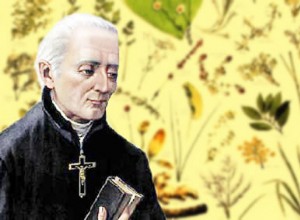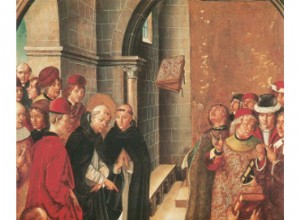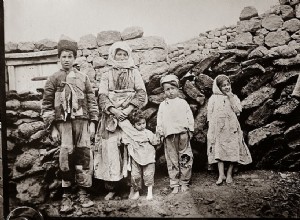The First Industrial Revolution was generated by the Commercial Revolution that took place in Europe between the 15th and the mid-18th century. The expansion of international trade and the increase in wealth allowed the financing of technical progress and the installation of industries. Industrial




